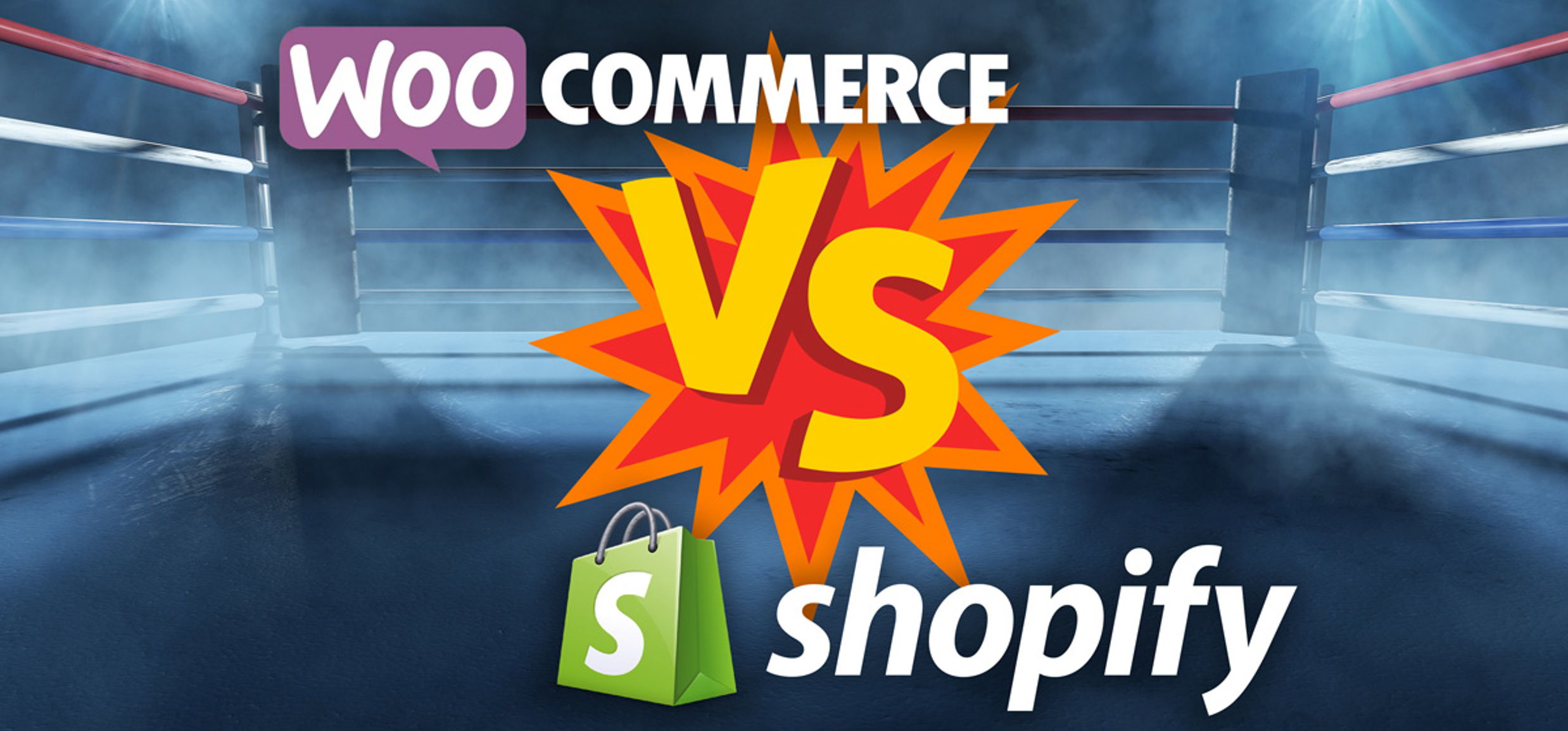

WooCommerce vs Shopify – the advantages and disadvantages
WooCommerce and Shopify are probably the two of the three most popular online e-commerce platforms that developers and individuals use to build websites whereby customers are able to make purchase transactions over the Internet. The platforms are used by a large number of small and medium-sized businesses, enabling them to sell their products to a wider audience with the restriction of being limited to a physical location.
WooCommerce is an open source plugin for WordPress which makes the platform popular with those that already have a website via WordPress and just want to add e-commerce capabilities to sell products and services online. Shopify is independent of WordPress and enables people to set up an all-in-one website without the need to have the WordPress platform as well. Both platforms are available with a wide range of features which allow you to customise your online shop. Let’s look at the pros and cons of each platform.
WooCommerce
Shopify
Conclusion
Shopify and WooCommerce are great e-commerce platforms for e-commerce stores; which one you choose comes down to the requirements of the website, technical capabilities, budget and personal preference.
For those that want more freedom to develop and control their e-commerce website, WooCommerce is the better choice. Being open source, the possibilities of how to present and manage the store are far more wide ranging. Users have full control in choosing their hosting package and can tailor it to specific needs. WooCommerce’s community is far larger than that of Shopify and there is a great deal more of themes and plugins to choose from. However, it can be more time-consuming to develop and set up.
For people and businesses that want a quick and easy set up, and be able to start selling immediately, then Shopify is the solution. It’s easy-to-use, intuitive interface delivers an all-round user experience that is very friendly and appealing. Shopify is ideal for those that have little to no web however there are costs involved, and there is much less choice in terms of templates, plugins and freedom to manage and control the website.

